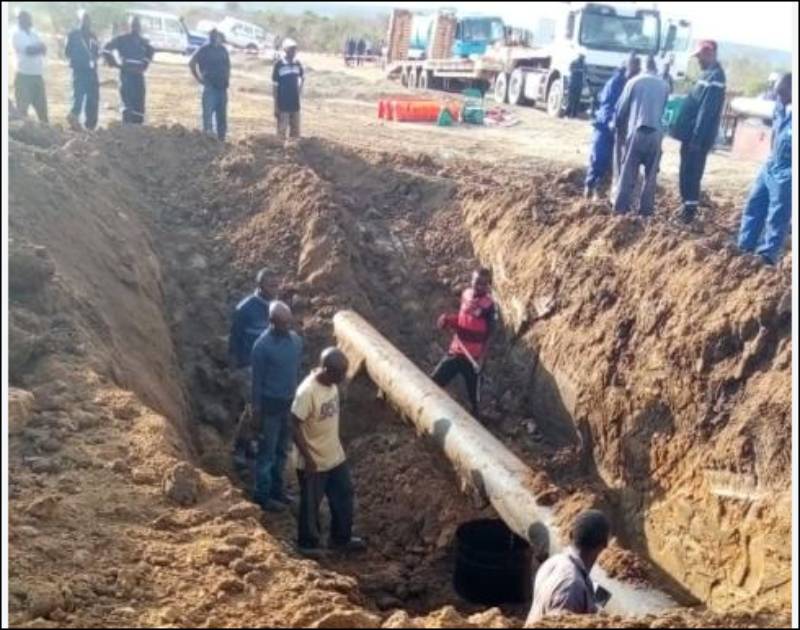×
The Standard e-Paper
Home To Bold Columnists

Revelations by the main contractor that the 450km Mombasa-Nairobi oil pipeline has serious design flaws and may corrode away sooner than later have jolted Kenya Pipeline Corporation (KPC) management to the core.
In a near admission that the line, which gobbled up Sh50 billion, may turn out to be a waste, Zakhem unleashed a torrent of accusations against the KenPipe Plaza management and board.